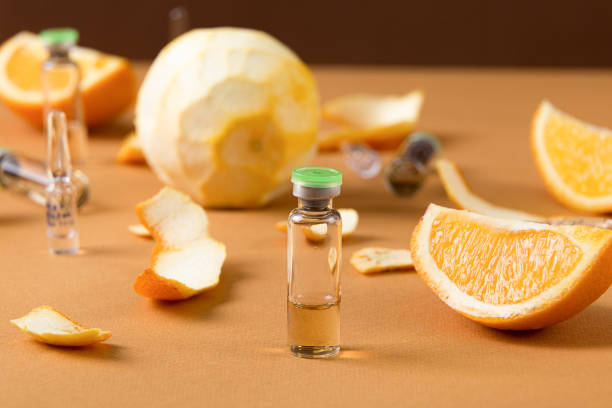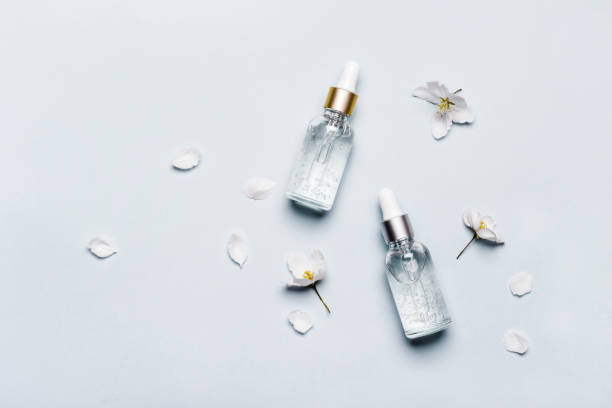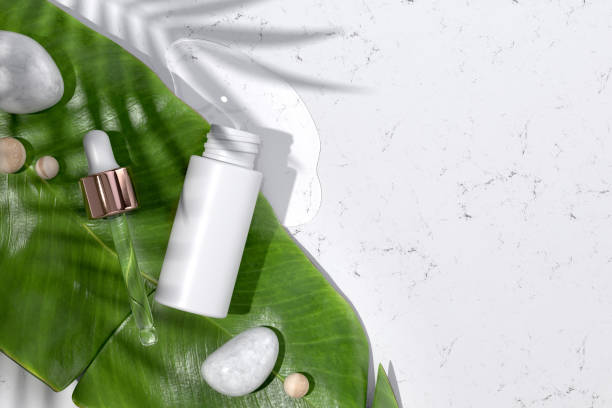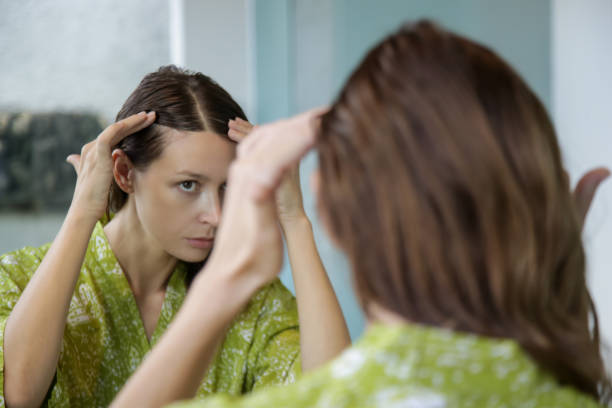In this article, Vitamin C, Retinol, Hyaluronic acid serum benefits, and DIY have been discussed for glowing skin, face Serum for Oily, Dry and Normal skin, and why you add Serums in your routine, and how you can DIY serums at home?
If you want to level up the skincare of your face, then serums are the best option to add to your routine.
Now the question is how serums are better than moisturizers? Why should you invest in Serums? What are the pros and cons of using them? Here is the answer:
Why Serums??
Face serums are lightweight lotions that contain a higher grouping of dynamic fixings, (for example, hyaluronic corrosive, glycolic corrosive, and nutrient C) than normal facial creams. Known for their viability, face serums are frequently used to oversee explicit healthy skin concerns, like wrinkles. There is no age limit to start using serums.
Frequently, a serum can hydrate more successfully than even the heaviest creams. The atoms can really infiltrate the skin and hydrate on the most profound level, while the heavier creams all the more so sit on those top layers. Hydrating serums don't really supplant your lotion, however, can support the hydrating impacts of your cream.
A serum will likewise ordinarily be more slender than a cream, which makes them ideal for layering. Serums can arrive in a wide range of recipes, including gels, oils, and light creams, and they can even have a water-like consistency at times.
What Makes Serums Different from face Oils/Moisturizers?
Serums are full of hydrating and moisturizing fixings (hyaluronic corrosive, ceramides) to assist the skin with holding dampness. However, that doesn't make them lotions in the customary sense. Face salves and creams are more extravagant and make a boundary on top of the skin to keep all that great stuff in.
Conventional serums are water-based. But the fact is you have the water-based serums and the oil-based serums. Water-based serums go under the cream and they are so significant. They sustain the internal layer of the skin because the atom is exceptionally little so it enters—due to the P50, obviously. The oil-put together serums go concerning the top of the cream since they have a greater particle. They should keep the cream and whatever you put under soggy during the whole day.
- Serums are based on highly intensive active ingredients for deeply probe into the skin while moisturizers provide outside protection to skin from things that cause dryness, dullness, and irritation.
- Serums are in treating skin problems like wrinkles, fine lines, aging effects, uneven and discoloration of skin while moisturizer creates a blockade to keep moisture effect intact.
- Serums help in the fast reduction of fine lines and dark spots.
Why Serums Should be in your Regime?
How to Use?
Serums must be used after cleansing and toning but before moisturizing, can be applied twice once in the morning and then in the evening.
Types of Serum:
Serums must be used according to your skin type and what issue you are facing at that time.
1.Vitamin C Serums:
- Vitamin C serum helps the skin to naturally increase collagen production.
- Helps the skin to naturally regain its elasticity.
- Stout the skin to, minimize fine lines and wrinkles.
- Deeply penetrates into the skin, provides hydration and moisturizer to skin,
- Helps in repairing dryness.
- Helps in achieving a younger look by toning and enhancing the complexion.
- Vitamin c serum must be used in the morning, so it can attempt to shield your pores during the day from UV, free extremist, and other ecological openings, tends to be useful for the individuals who are explicitly hoping to light up the skin, and it can likewise help in with even tone the skin, working on the presence of dull spots.
DIY Vitamin C Serums:
- Take fresh 50ml Aloe vera gel, add 50ml rose water and grind it well to make a juice, add 3tbsp of apple cider vinegar. Mix it well and your serum is ready(this serum should not be used on dry skin).
- Take 2 fresh Oranges, take a grater and just grate the peel of oranges, now add 6tsp of mineral water, and blends them, after grinding strain it with a strainer. Now add 1tsp of glycerin, mix it well and keep it in an air-tight bottle.
- Take 1/4tsp of vitamin C powder,1tbsp of distilled water,3/4tbsp glycerin. Mix all ingredients very well and keep this serum in a dark bottle.
2.Retinol Serums:
- Retinol serum is a Vitamin A echoic. It helps in averting wrinkles.
- lighten up the dull skin.
- Dims the dark spots.
- Treats acne.
- Helps in clearing and unclogging pores.
- Minimize Hyperpigmentation.
- Reducing fine lines.
DIY Retinol Serum:
- 2tbsp of carrot juice,2tbsp rose water,2tbsp Aloe vera gel, few drops of Almond oil, few drops of glycerin,1 Vitamin E capsule. Mix all ingredients very well and keep them in an air-tight container.
3.Hyaluronic Acid Serums:
- Hyaluronic acid serums provide hydration and moisturization.
- Makes a smoother texture.
- Minimize fine lines and wrinkles.
- Stimulates new cells regeneration.
- Promotes even tone skin.
- Reduce pigmentation.
Before Using any kind of Serum patch test must be done.















1 Comments
Thanks for sharing about this serum pls keep sharing
ReplyDeleteFormulyst Face Serums